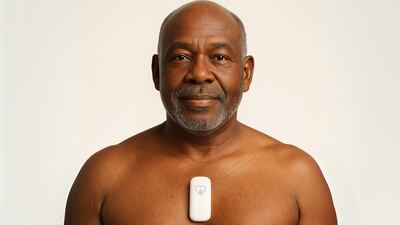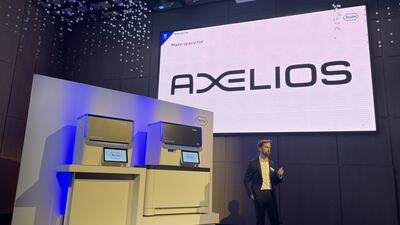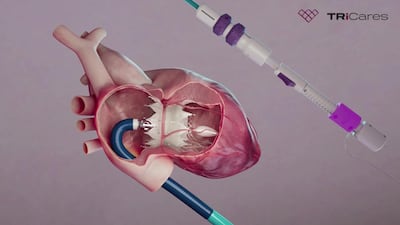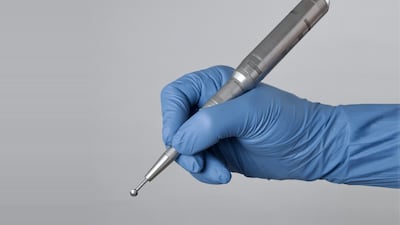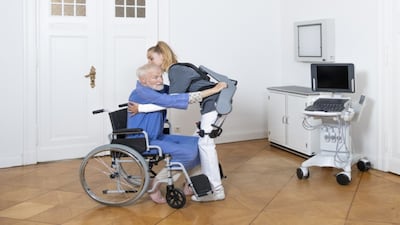Drug-coated balloons have been gaining momentum over the past few years, emerging as one of the next major product segments within interventional cardiology, particularly for the treatment of peripheral arterial disease. However, the product segment appears to have hit its first major bump in the road. In November, Medtronic PLC notified clinicians that it was recalling and discontinuing sales of its In.Pact Amphirion DCB for below-the-knee revascularization in patients with critical limb ischemia. The recall is based on forthcoming data from the company’s IN.PACT DEEP clinical study.
Medtronic declined to make executives available to discuss the recall, but the company did provide copies of the letters sent to health care professionals announcing the decision. The firm made...
Read the full article – start your free trial today!
Join thousands of industry professionals who rely on Medtech Insight for daily insights
- Start your 7-day free trial
- Explore trusted news, analysis, and insights
- Access comprehensive global coverage
- Enjoy instant access – no credit card required
Already a subscriber?

